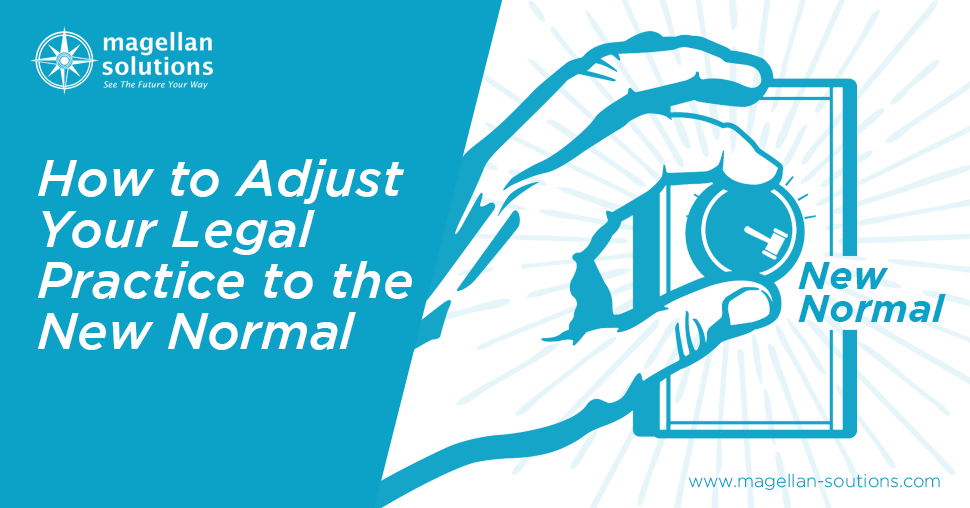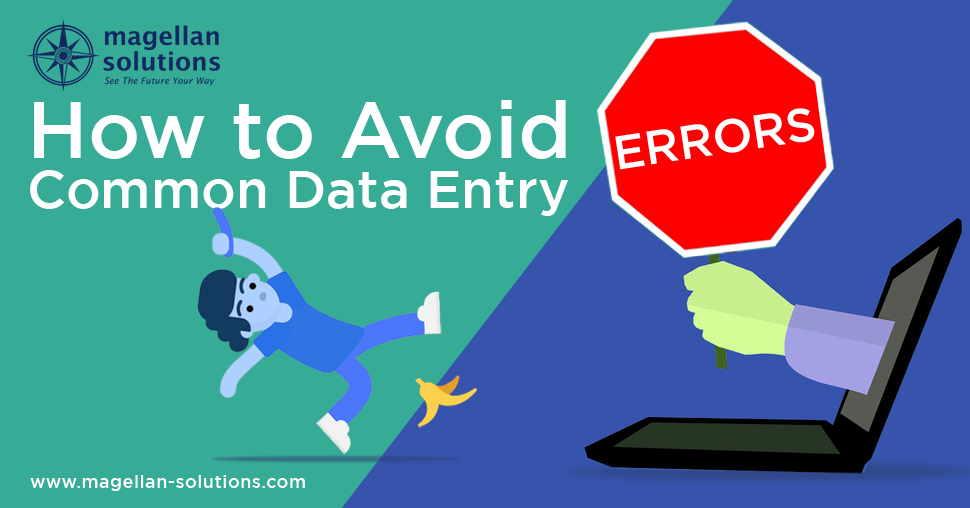Schedule a FREE call with our outsourcing expert now and get a precise quotation that meets your requirements. Don't wait - get started today!
We live in an age where data reigns supreme and every keystroke counts. But let’s face it: data entry errors in healthcare can be sneaky little troublemakers that can wreak havoc on your business decisions. From those pesky typos to formatting fiascos, they’re like the uninvited guests at your data party. But fear not—we’ve got your back! We’re about to reveal how to avoid common data entry errors!
Whether you’re a data ninja or just dipping your toes into the data pool, we’re here for you. Get ready to uncover the secrets to accurate data entry that’ll leave your colleagues in awe!
Common Data Entry Errors in Healthcare to Look Out For
Data entry errors are common, whether done manually or using automation. Here are the main types you’ll encounter:
Transcription Error
Word errors are more frequent than numbers. They include typos, repetitions, deletions, and other human mistakes. This often occurs when rushing through tasks, resulting in data entries hitting the wrong keys or relying on auto-correct features that may change the intended words.
Transposition Error
This primarily occurs with numbers, where characters’ positions are accidentally switched. For example, typing 134 instead of 143 due to an unnoticed key error.
Incorrect Data Formatting
Common in automated data entry. Correct data is inputted but placed in the wrong field, leading to inaccurate results. It can also involve using data inappropriately, even if correctly inputted.
Data Misinterpretation
It happens when numbers are mistaken for words or vice versa, like confusing a letter (e.g., ‘O’) with a number (e.g., ‘0’), especially in codes or passwords.
Understanding these errors will guide you in addressing them effectively when encountered during data management processes.
10 Effective Tips to Avoid Data Entry Errors in Healthcare
Many businesses rely on this information to assist you in proactively avoiding data entry errors in healthcare for their strategies and objectives. Here are some valuable tips for ensuring precise data entry:
1. Set Data Accuracy Goals
Establish realistic and accurate goals that match your organization’s needs and capabilities. Avoid setting unattainable targets and stay grounded in reality.
2. Identify Error Sources
Watch for errors like incorrect values, data conversions, and time-sensitive changes. Pinpointing their origins, whether they stem from internal or external factors, makes fixing them easier.
3. Use Automated Error Reports
Work smarter, not harder, right? Hence, advanced automated data entry software features are utilized to save time and reduce errors. For instance, set up alerts for specific data requirements, such as the correct number of digits in an account number.
4. Leverage Advanced Software
Make the most of technology using state-of-the-art data entry software tailored to your needs. Update your software regularly to avoid issues caused by outdated versions.
5. Update Systems
Even automated systems can make mistakes, so ensure they are regularly updated and functioning optimally. Consider using software tools like OCR and ICR to automate data extraction and reduce manual work.
6. Prevent Team Burnout
Create a healthy work environment and avoid overloading your staff with unrealistic goals. Distribute work evenly, consider hiring more operators if needed, and gather employee feedback to provide support and training.
7. Develop Sustainable Solutions
Focus on long-term solutions to prevent recurring data entry problems. Monitor data, implement effective automation techniques, enhance communication, and provide ongoing training.
8. Cross-Check Data
Encourage your team to proofread and double-check the entered data to reduce errors. Review data multiple times to catch typographical errors, spelling mistakes, and inaccuracies before they become significant issues.
9. Emphasize Data Accuracy
Understand the importance of accurate data for decision-making and business success. These tips will improve data entry accuracy and positively impact your company’s growth.
10. Explore Outsourcing for the Best Results
However, our most important suggestion is to think about letting an outside expert handle your data entry errors in healthcare. Outsourcing to a reliable service provider comes with many advantages. These specialists are skilled and experienced and use advanced data entry tools.
Professionals can smooth your operations by handling your data entry. As a result, you can significantly reduce mistakes and save your organization’s valuable resources. It’s a wise choice that can improve efficiency and accuracy, allowing your team to concentrate on essential business tasks.
Addressing medical errors and ensuring patient safety is crucial. Efficient medical data management, including patient data and medical records, plays a vital role. Errors in data entry can compromise patient safety and incur costs related to data entry.
By implementing strategies to reduce data entry errors and streamline the process, healthcare providers can enhance accuracy and efficiency. Understanding common medications and their impacts aids in comprehensive patient care, further reducing the risk of medical errors and optimizing healthcare outcomes.
Ready to Streamline Your Data Entry Errors in Healthcare? Partner with Solutions Today!
Don’t let data entry errors in healthcare hold you back. Contact Magellan Solution’s expert team to take the next step toward precision and efficiency. Our dedicated professionals are here to elevate your data entry processes.
Contact us now for a seamless and accurate data management experience. Your success starts with us!
















